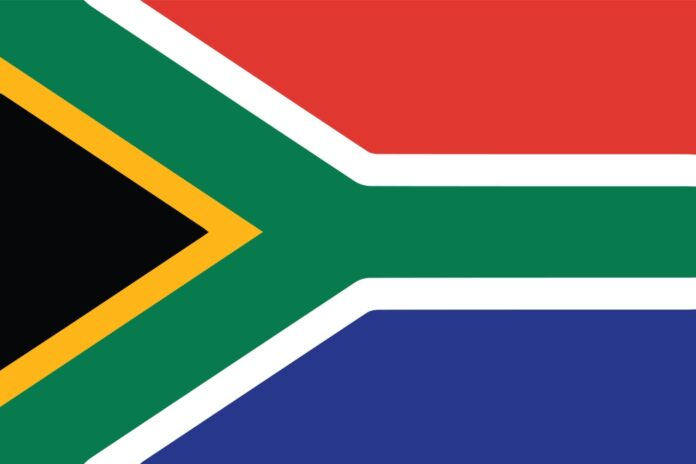Could it be sunshine after Rain and MTN for the state-controlled operator?
South Africa’s incumbent operator, Telkom SA, has another potential suitor. This time it’s from a consortium, led by its former CEO Sipho Maseko.
The consortium consists of the pan-African group Axian Telecom and South Africa’s Government Employees Pension Fund, managed by the Public Investment Corporation (PIC).
The offer to acquire a controlling stake in Telkom was received a few days ago and is reportedly assessing the proposed deal. Telkom is directly and indirectly 70% owned by the state.
Two failures so far
Telkom has been involved in two consolidation negotiations previously that came to nought. ISP Rain proposed Telkom should acquire it last September, in exchange for shares in the previous month.
However, it was obliged to withdraw the proposal after a reprimand by the Takeover Regulation Panel (TRP) for not using the right protocol. In January this year, Telkom told investors any such deal had been rejected.
Africa’s largest operator group, MTN, has made its interest in a deal with Telkom known in July 2022, although speculation that MTN had Telkom in its sights had been circulating since 2021.
MTN then gave up on its attempts to seal a deal in October, as Telkom wouldn’t provide assurance it wasn’t in talks with any other interested parties.
Third time lucky?
Now Telkom is awaiting more information from its third suitor, apparently including evidence that it has the necessary funding and clarification of the price it is offering for the stake.
These seem crucial details to be omitted from a bid, which BNN Bloomberg flagged as being in the pipeline in May.
Earlier this month Telkom reported its results for the financial year that finished at the end of March, which it claimed showed resilience in tough trading conditions. Translated, this means that while it attracted nearly 8% more mobile customers, and now has 18.3 million in total, earning before interest, taxes, depreciation and amortisation fell sharply, by almost 20% to ZAR 9.6 billion (€483 million).
The operator blamed higher operating costs and devices becoming more expensive.


